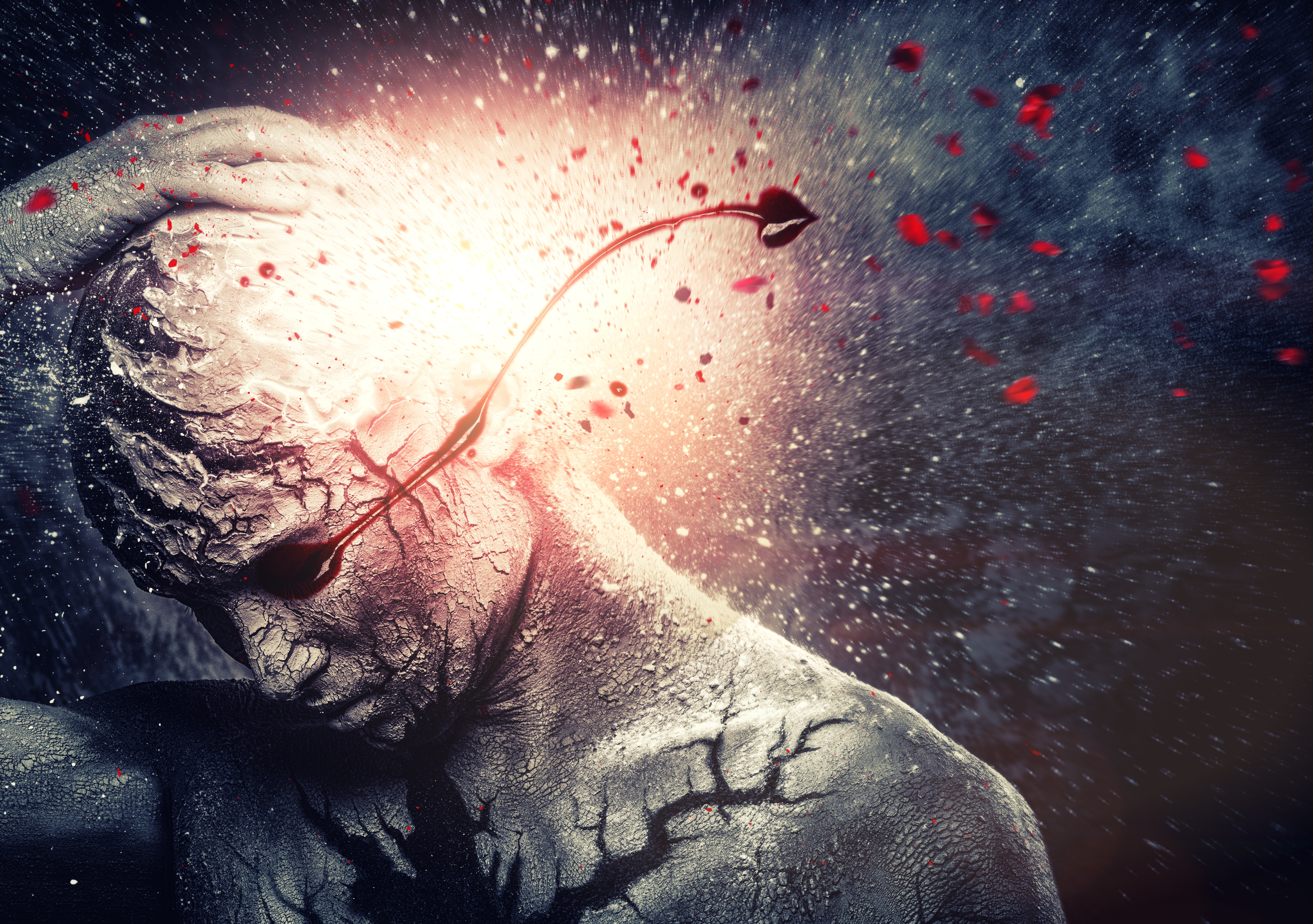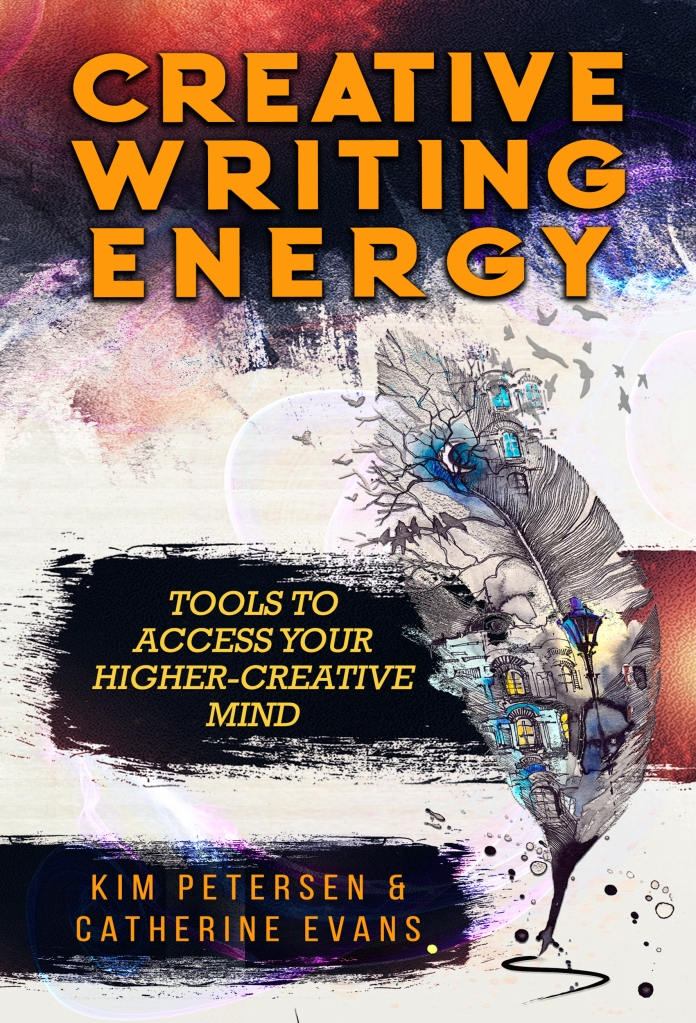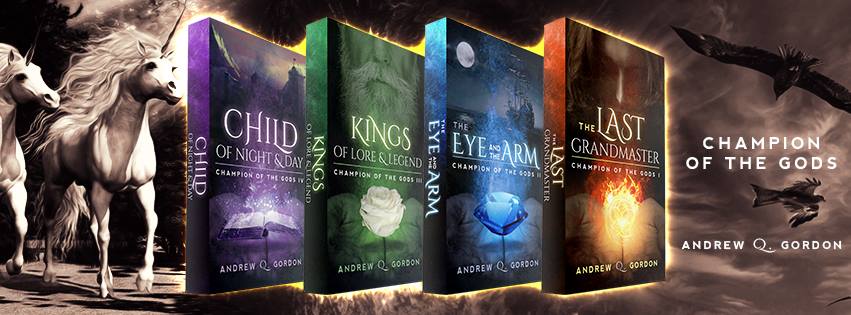
The higher-self is a term associated with a variety of belief systems, but its basic premise describes an eternal, conscious and intelligent being which represents our most authentic state.
The higher-self embodies our spirit which is expressed through our human vessels — the part of ourselves that exists beyond the conditioning learned throughout our life experiences. Conditions such as fear and ego fixations, limiting beliefs, negative thinking patterns and old wounds.
Our higher-selves are never lost to us — your soul or spirit is ever-present and flows with unhindered and effortless love from the higher-realms.
When we refer to the higher-creative mind, we are speaking in terms of the creative resources available to us from that sacred space within. The incredibly creative part of you that remains hidden and unexplored, and brimming with story concepts and fascinating characters you have yet to meet.
But sometimes, we can lose touch with this part of ourselves. Life happens and we easily become weighed down with everyday stresses and responsibilities which can lead to feelings of disconnection. With the Corona virus currently ripping through the world, this is apparent more than ever right now.
We can tell when we are disconnected to our higher-selves because this state breeds lower vibrational feelings such as anxiety and depression, as well as other negative ways of thinking about ourselves and the world.
This is when problems are likely to arise with your creative output.
We have all been there. Some days, it can feel as if your creative well has dried up — that there are no more interesting words and stories left in you to tell.
It’s normal to experience creative burn-out from time to time. I do. I know how it feels when creativity seems out of reach. When you believe there is nothing left inside of you to creative and bring to the world; at least, nothing worthwhile. We want to produce our best work, and yet, it’s impossible to always be on top of our game.
Sometimes, a small shift in our perspective is all it takes to kick-start the creative juices again, and taking the time to replenish our creative resources is important if we are to thrive as prolific artists and writers.
In fact, recharging the creative batteries is a vital component in the life of a creative. We need to refill our spirits with renewed energy, and we need to allow ourselves time to unwind in order to create a fresh space for revived and invigorated visions and the formation of new ideas.
Often, it is the simple activities that are most helpful in clearing our creative blocks and managing stress levels. The core notion lies in the necessity to separate yourself and your mind from your work and creative project for a block of time.
We may be facing uncertain times and even isolation, but that doesn’t mean we have to be totally limited in finding ways to refresh our creative palettes. Here are a few things you can do to help pull you out of a creative rut (current circumstances permitting):
· Take a walk outside — preferably someplace that encourages positive feelings. Sunshine, trees and air will do wonders to replenish your imagination, and besides, it just feels good to be out and away from the computer sometimes.
· Go veg out at the beach — dig in your toes and imprint your mark into the sand while soaking up the purifying salt air for a few hours (my favorite!).
· Spend time with your children/dog or cat. Laughter uplifts the spirit and children have a knack of bringing out your inner-child. Animal therapy is a proven mood-booster.
· Coffee with a treasured friend — great conversation and connecting with someone special can cure the most contrite of hearts.
· Catch a flick or binge a series on Netflix — movies and TV are modern-day oral storytelling. Inspiration right there.
· Cook up a storm — this can be an extremely pleasant activity in switching up your focus. When we take away the “chore” aspect of cooking and do it for the pleasure, cooking transcends into something utterly delightful.
· Take a drive to destination inspiring — the world is brimming with naturally rustic beauty. Whether it be inhaling the country air over rolling green pastures, breathtaking views from mountain peaks, or dreaming on the wings of an eagle over rugged ocean cliffs, there is sure to be a slice of the magic near you.
The above suggestions are great ways to help improve your mindset when you’re feeling flat on the creative front. It is likely you’re already practicing similar activities. I think we all know when we need to just close down for a while and think about anything other than our work-in-progress or all tasks that are piling up on our desks.
This is true for our higher-creative minds, too. The more time spent intentionally cultivating that inner-resource, the greater your access will be to those extraordinary invisible realms.
We do this through connecting to the higher-self.
Deliberately choosing to spend time on strengthening your relationship with your inner-spirit is an act that will help nurture the bonds with your creativity.
It’s not hocus-pocus. It’s not even “woo-woo”. Those labels are formed by those who don’t get it. Think of it like this; there is so much more to our world and existence than what we are able to acknowledge and perceive. Often, it is fear driving the ridicule behind those who negate alternative thinking and practices with their labels.
Being willing to open your mind to different ideas and ways of being will add richness to your life. It’s like traveling — the experiences will broaden your perspective and increase the good stuff like empathy, love and kindness.

Connecting to your higher-creative mind will help you achieve:
· A holistic sense of well-being
· Forms of awareness
· Trust in yourself
· Trust in the creative process
· Honor the incubation period — allowing the ideas and thoughts time to stew
· Build on your intuition
· Value vulnerability
· Push past fear
· Free expression
· Keep the creative channels flowing.
When it comes to the higher-creative mind, there are some simple methods we can practice to help get you there and keep you there during your creative output sessions.
Catherine Evans and I are going to discuss all of this and more during our Creative Writing Energy presentation in next month’s WriteHive 2020 convention, where we hope to help you pave a way to connect with and honor your higher-creative mind.
WriteHive 2020 is a free online writing convention featuring everyone from huge names in the literary industry to brand-new writers, and will be live across the world from April 18th — 19th.
Check it out here: https://www.writehive.org/
We hope to see you there.
















